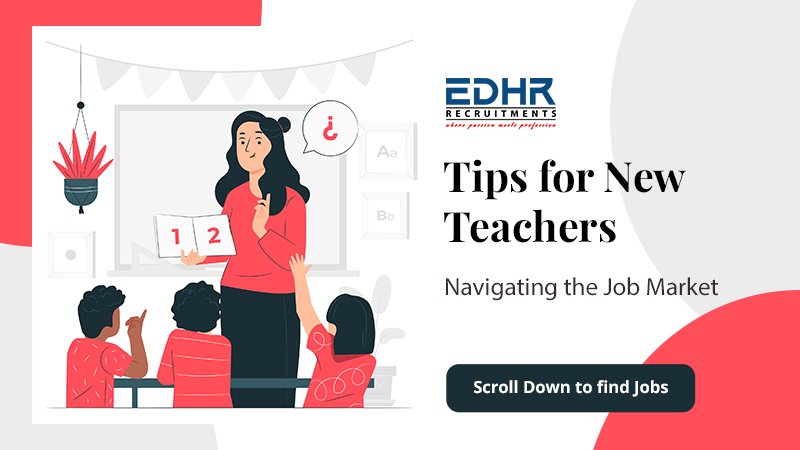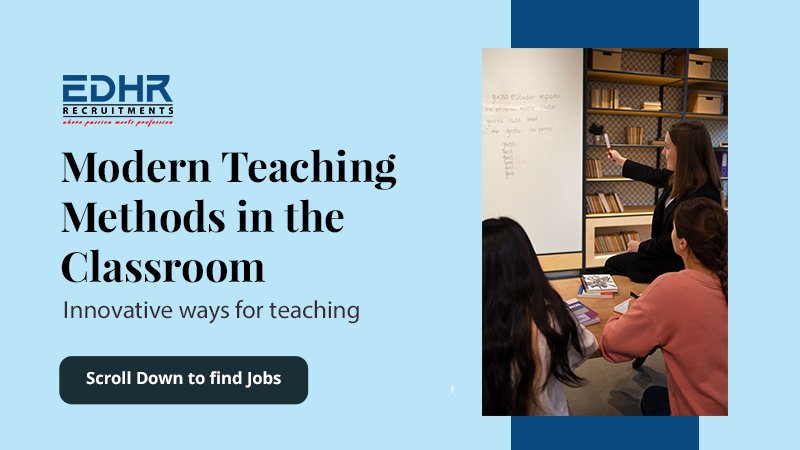Blog Details
Things to Know About Academic Bank of Credits in India
-
By EDHR
-
23-Feb-2024
The landscape of education in India is undergoing a transformative
phase, aiming to make learning more flexible, interdisciplinary, and
integrated. At the heart of this transformation is the introduction of the
Academic Bank of Credits (ABC), a novel initiative under the National Education
Policy (NEP) 2020. This concept, while simple in its essence, promises to
revolutionise the way students and educators approach learning and teaching in
India. Let's delve deeper into the intricacies of the Academic Bank of Credits,
its utility for students, and the pivotal role teachers play in this innovative
educational framework.
What is the Academic Bank of Credits?
The Academic Bank of Credits is an academic service mechanism designed
to facilitate the accumulation, transfer, and redemption of academic credits
earned by students. It operates similar to a financial bank, where instead of
monetary savings, students deposit their earned academic credits. These credits
can be accumulated over a period of time and across different institutions,
enabling students to tailor their educational journeys according to their
interests, pace, and career aspirations.
The ABC system allows for a flexible education model where students can
earn credits from different institutions (including online platforms offering
Massive Open Online Courses or MOOCs) that are recognised under the framework.
This system ensures that credits are securely stored in a digital format and
can be redeemed by the students to meet the requirements for obtaining a
degree, diploma, or certificate from their chosen institution.
Why is it Useful to Students?
The introduction of the Academic Bank of Credits is a boon for students
for several reasons:
- Flexibility: ABC offers unprecedented flexibility in learning. Students can
choose courses across disciplines, irrespective of the traditional
boundaries of streams, thus promoting interdisciplinary learning.
- Pace: It acknowledges that every student has a unique pace of learning.
Students can accumulate credits at their own pace without the pressure of
completing a degree within a rigid timeframe.
- Mobility: The system facilitates academic mobility. Students have the
liberty to switch institutions or pause their education, if need be,
without losing the credits they have already earned.
- Recognition: Credits earned through online platforms or short-term courses from
recognised institutions can also be banked, encouraging students to pursue
varied learning experiences.
What Should Teachers Know About Academic Bank of
Credits?
Teachers and educators play a crucial role in the successful
implementation of the ABC system. Here's what they need to know:
- Understanding the Framework: Educators must familiarise themselves with the
operational framework of ABC, including the process of credit allocation,
accumulation, and redemption.
- Curriculum Integration: Teachers should understand how the courses they
offer integrate into the broader curriculum and how credits from these
courses can be utilised towards degree completion.
- Advisory Role: Educators are also advisors. They need to guide students in
choosing the right courses that align with their career goals while
ensuring these courses are recognised under the ABC system.
This will include
all types of courses offered by Higher Education Institutes that are recognised
by the University Grants Commission (UGC). This includes graduation,
postgraduation, PhD, diploma, and certificate courses. It covers courses taught
through any method, including regular classroom courses, open/distance
learning, and online courses. Courses from SWAYAM, NPTEL, V-Lab, and similar
schemes are also eligible for the benefits provided by the Academic Bank of
Credit.
How Can Teachers Help Students in Making an Academic
Bank of Credits account?
Teachers can assist students in navigating the ABC system through the
following ways:
- Informed Guidance: By staying informed about the courses offered across platforms and
institutions that align with the ABC framework, teachers can guide
students in making choices that complement their career aspirations and
interests.
- Monitoring Progress: Educators can help students monitor their academic progress,
ensuring they are on track to meet their degree requirements through the
accumulation of the right credits.
- Encouraging Exploration: Teachers can encourage students to explore
interdisciplinary courses, facilitating a holistic education that goes
beyond traditional subject boundaries.
- Promoting Online Learning: With the recognition of online courses in the
ABC framework, teachers should promote the inclusion of MOOCs and other
online learning platforms to diversify the learning experience.
The Academic Bank of Credits stands as a testament to India's commitment
to fostering an education system that is dynamic, inclusive, and aligned with
the needs of the 21st century. By allowing students to craft their educational
journeys, the ABC not only empowers learners but also challenges educators to
adapt and thrive in this new paradigm.
For students, the ABC opens up a world of possibilities, making
education a truly personalised experience. For teachers, it presents an
opportunity to mentor and guide students through an educational landscape that
values flexibility, interdisciplinary learning, and continuous exploration.
As we move forward, the success of the Academic Bank of Credits in
reshaping the educational framework in India will depend largely on the
collaborative efforts of students, educators, institutions, and policymakers.
It is a journey towards creating a more inclusive, flexible, and
learner-centric education system that prepares students not just for
examinations, but for life.
And as teachers,
it is essential to keep updating oneself on all the innovative things happening
in the arena of education so that you can serve your student community better.
This also helps in taking well-informed decisions. Are you a teacher looking
for teaching jobs? Then check out these openings in our website.



















